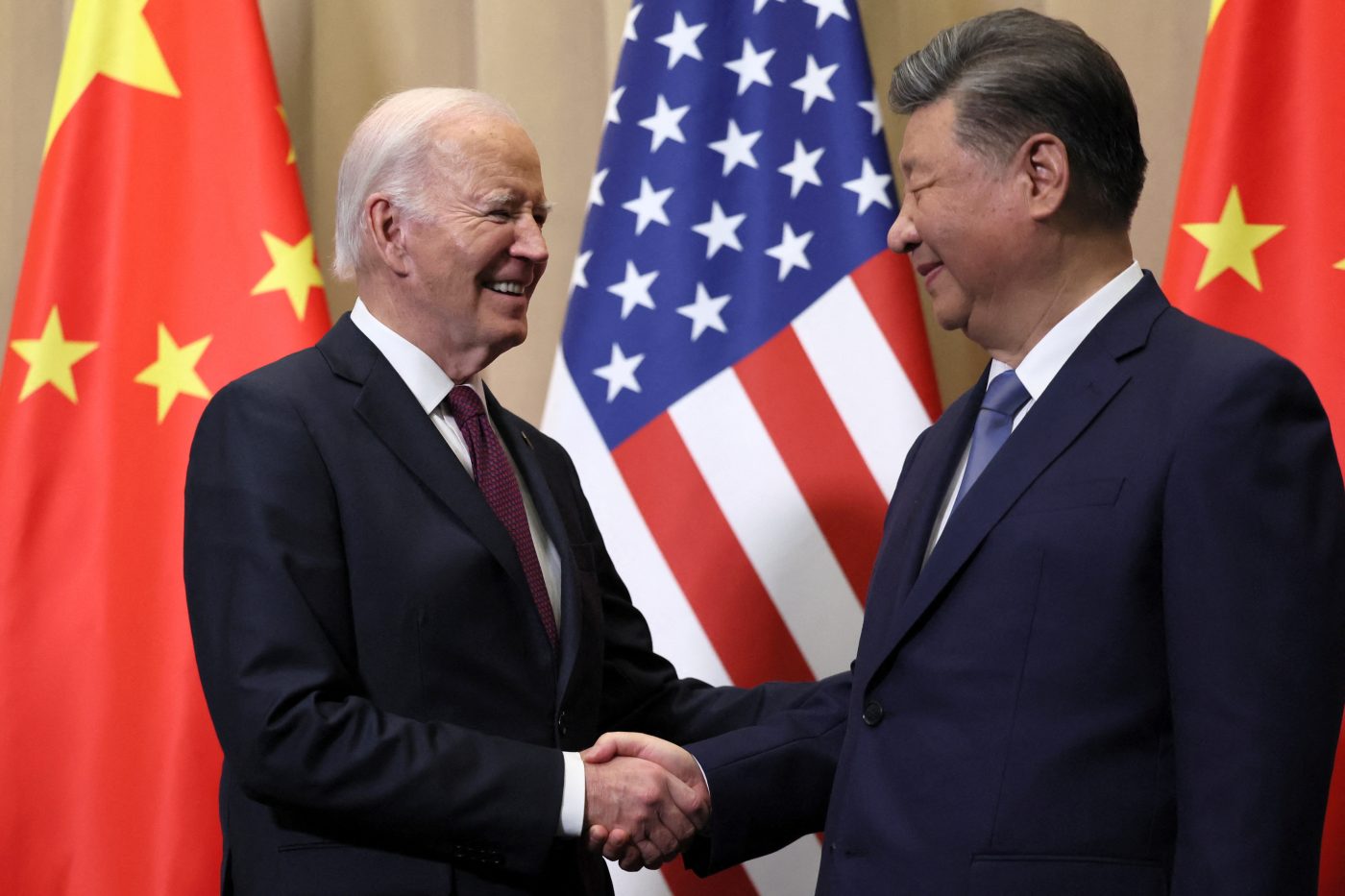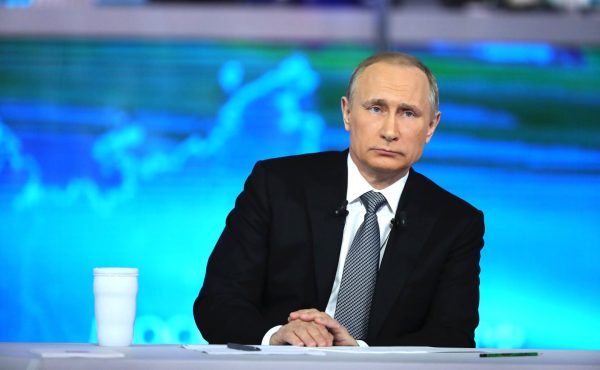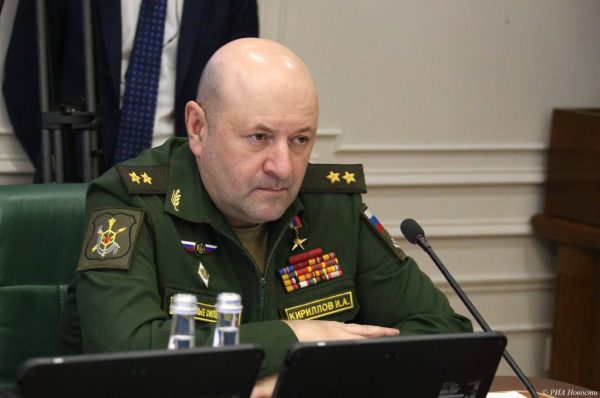Too much reckless talk of nuclear war (take a bow, Vladimir Putin) has shaken China and might, paradoxically, lead to serious engagement between the People’s Republic and the West on strategic arms. That’s if the new US administration is up to it, and if Europe can stay in the game.
Here is a clue: the final meeting between Xi Jinping and Joe Biden produced a surprise agreement that control over nuclear weapons must rest with humans, not artificial intelligence (AI).
Who knew that the rivals were even on speaking terms concerning such things?
Artificial intelligence was not mentioned in the October 23 report from the US Defense Intelligence Agency (DIA), Nuclear Challenges: The Growing Capabilities of Strategic Competitors and Regional Rivals, in the pages devoted to the Chinese deterrent.
China is uncommunicative in military affairs as a matter of principle and recently delivered a petulant snub to the US Defense Secretary to convey indignation over Taiwan.
But when President Biden’s National Security Advisor, Jake Sullivan, briefed the press, he did not try to hide the fact that the two nuclear weapons states have engaged in much deeper and more detailed talks than we had guessed.
“I’m not saying someone was imminently going to hand over the control of nuclear weapons to artificial intelligence,” said Sullivan, “but there is a long-term strategic risk of two significant nuclear powers and two countries with significant AI capability not being able to reach a meeting of the minds on basically anything in those spaces, and that is a risk we are trying to address.”
Part of this is down to President Xi’s “dear friend” Vladimir Putin and his cohort in the Kremlin, who have rattled the Chinese with their casual talk of using tactical nuclear weapons on the battlefield, and by loosening Russia’s nuclear doctrine.
If there is one lesson I absorbed in researching the life of Xi Jinping for a recent biography, it is his fear of chaos and his ceaseless search for order, the fruits of a ruined childhood in Mao Zedong’s Cultural Revolution and the restoration of rule by himself and a few “red families.”
Xi has transformed the Chinese military in his 12 years in office to forge a weapon with limited and precise objectives, namely the expulsion of American power from the Western Pacific and the chance to Make China Great Again in its own historic sphere of influence.
One could add the domination of world trade and the defeat of democracy to his aspirations, but they are secondary to national survival in the event of a global war that China decidedly does not want. And his timetable is not set in stone.
A senior US official who studied his government’s assessments of Xi concluded that he was “a risk-taker who will gamble – but not recklessly.”
We now know that the Chinese leader responded to a personal phone call from Biden late in 2022 asking him to warn Putin against using a tactical nuclear weapon in Ukraine.
The Chinese side also made sure that a joint communiqué issued after Xi’s summit with Putin on May 16 this year repeated language in the Nuclear Non-Proliferation Treaty that “a nuclear war cannot be won and must never be fought.”
But Beijing wants to win advantage where it can. The same communique handed Putin an unspoken endorsement for stationing nuclear weapons on the territory of Belarus, apparently payback for the deployment of American atomic weapons in Asia.
Xi has also ordered the rapid buildup and modernization of China’s own nuclear force. The DIA report Nuclear Challenges lists new missiles, fresh fields of missile silos, better bombers, upgraded plutonium and tritium production, two new fast-breeder reactors and “reduced transparency” around the whole nuclear program.
More worrying are signs that China, like Russia, is shifting the boundaries of its war doctrine. Beijing recently repeated its pledge of “no first use” of nuclear weapons. But, like Putin, it may reserve a decision if war threatens the state’s existence.
The DIA report said China’s strategy “probably includes consideration of a nuclear strike in response to a nonnuclear attack threatening the viability of China’s nuclear forces.”
It added: “Beijing probably would also consider using its nuclear force if a conventional military defeat in Taiwan gravely threatened the regime’s survival.”
As Xi has said, these are changes unseen in 100 years and Europe will need to swallow its distaste and work closely with the Trump administration if it wants to be more than a bystander. Britain and France have a minor voice as nuclear weapons states, but there is space for a broader political and strategic campaign to avoid a war.
Alex Wong, Trump’s nominee to be Deputy National Security Advisor, has said: “The United States and its people have to be prepared for a level of tension, regional destabilization, and — yes — possible conflict that we have not seen since the end of World War II.”
Wong added: “The risks that lie ahead are more worrying than those that existed in the Cold War. It is in fact a more difficult task for us to ensure that our competition with China remains as ‘cold’ as the Soviet competition ended up being.”
“Arms control speaks to how many weapons do you have and where they deploy,” said Sullivan, the outgoing National Security Advisor. “Nuclear risk reduction is the whole family of practices around trying to avoid mistakes and miscalculation.”
Many powers, great and small, can play a part in that.
Michael Sheridan’s biography of Xi Jinping, ‘The Red Emperor’, is published by Headline Books, part of the Hachette group. He is the author of ‘The Gate to China: A New History of the People’s Republic and Hong Kong’ (2021) and was Diplomatic Editor of The Independent, Far East Correspondent and later Paris Correspondent of The Sunday Times.
Europe’s Edge is CEPA’s online journal covering critical topics on the foreign policy docket across Europe and North America. All opinions are those of the author and do not necessarily represent the position or views of the institutions they represent or the Center for European Policy Analysis.

From the Ashes: Cultural Identity and National Security in the Age of Conflict
Date: November 19, 2024
Time: 10:00 a.m. – 6:00 p.m. CT




